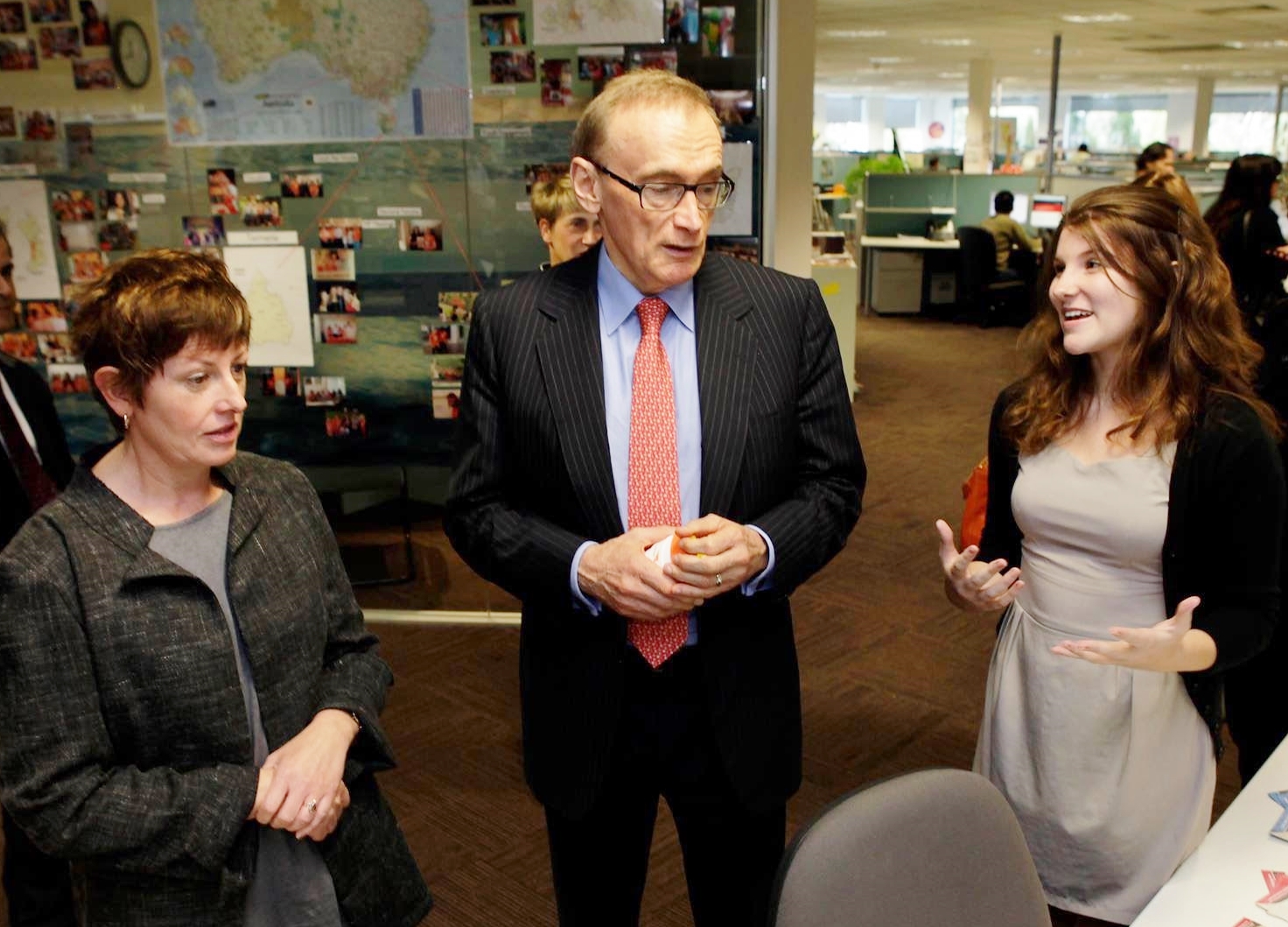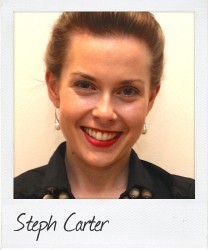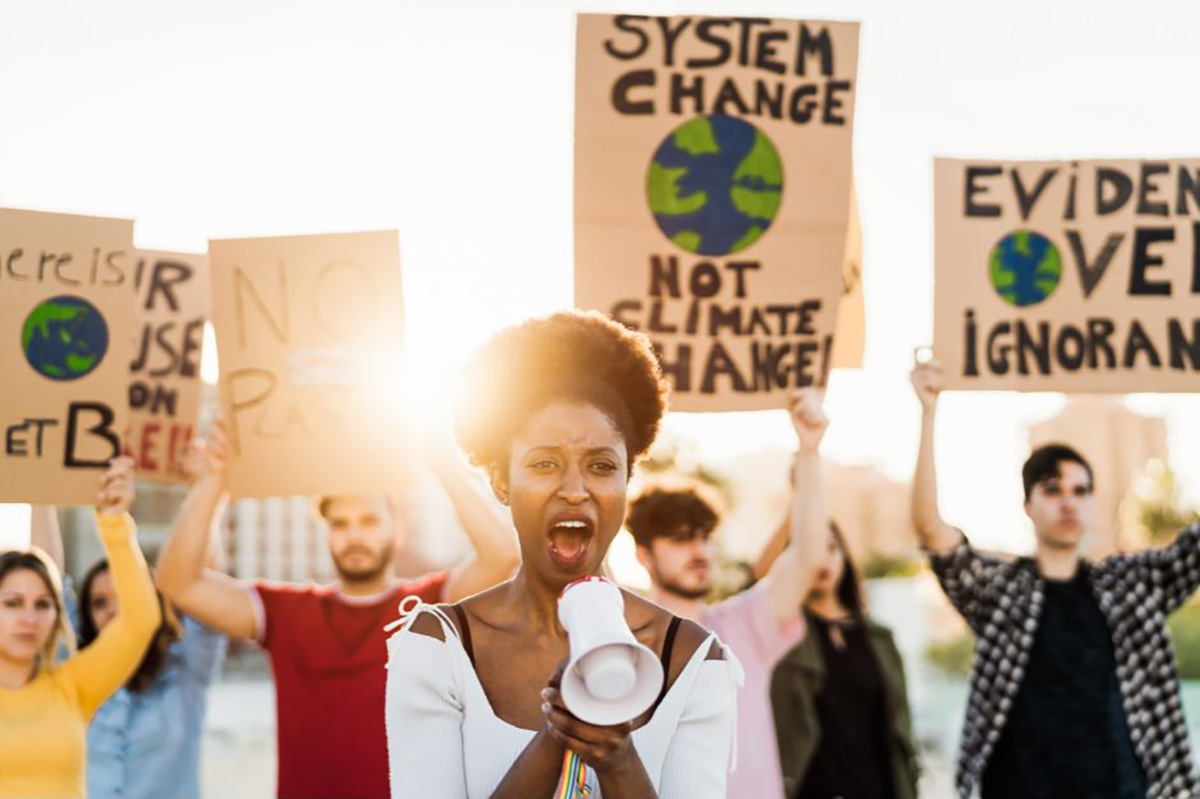“Shared Value transforms youth activism”
July 7th, 2017The objectives and values between aid and business have reached a landmark intersection, writes Steph Carter, 26, a Commonwealth Correspondent from Australia. In an era of Sustainable Development Goals, the development landscape is changing. Donor funding is becoming more targeted, with growing need to engage the private sector in lasting social impact.
In the Asia Pacific region, the Australian Government’s Department of Foreign Affairs and Trade (DFAT) continues to push for private sector involvement in its programming and partnerships.
Called ‘Shared Value’, the concept was born in 2011 in an article published by Professors Michael Porter and Mark Kramer in the Harvard Business Review. The Shared Value Project (a regional initiative of the Shared Value Initiative) defines Shared Value as those ‘policies and practices that enhance the competitiveness of companies while improving social and environmental conditions in the regions where they operate’.
Shared Value as a new framework for aid delivery was formalised with the June 2014 release of Australia’s new aid policy, which recognised the private sector as the primary source of economic growth, incomes and jobs in developing countries.
The Shared Value way of doing things poses new challenges and opportunities for public and economic diplomacy, and the changing role of business in development.
In its own backyard, DFAT is seeking to work with the private sector to build sustainable solutions that tackle development challenges whilst ensuring commercial viability. Programs like Investing in Infrastructure (Cambodia), the Market Development Facility (regional), and the Business Partnerships Platform (regional) embody this new approach.
But what does Shared Value mean for other stakeholders? For civil society? For traditional youth advocacy? How can the notion of Shared Value be socialised with the up and coming generation of ‘social change practitioners’?
As a former youth activist with World Vision Australia, and as someone who has worked in the aid and development sector on DFAT funded projects for some years now, I wonder what implications a reimagining of the Australian Aid Program and a shift in donor focus has for traditional youth advocacy and engagement.
At a time when we are asking business to contribute meaningfully to social change, youth engagement for social change must then also shift. Over the years, traditional youth aid advocacy in Australia has in many ways retained a core focus on calling for increases to the aid budget and lobbying state and federal government for ‘action’ on aid. These young people are passionate, driven by humanitarian justice and thirsty for social impact. Coalitions like Make Poverty History and Micah Challenge bore the drive and momentum of these groups.
So what does the rise of Shared Value mean?
In essence, everyone now has a role to play. Being a change agent is not unique to any one discipline or group of people. Young prospective business leaders, driven by perhaps different motives when it comes to achieving social, economic and environmental prosperity, carry the same responsibility and potential for creating social impact as their peers working in health, education, and the non profit sectors – to name a few. But of course, this was always the case. The link and potential for cross-sector collaboration was perhaps just not quite as visible.
So how do we inspire and encourage early collaboration between young people and young professionals across sectors and disciplines? In what ways can government and business engage and mobilise young people wishing to contribute their skills, energy and time?
Jasmine Mikschi, former National Director of Vision Generation, World Vision Australia’s National Youth Movement, shares her reflections on youth advocacy in this shifting landscape.
‘”Sometimes, our advocacy approach can be limited by the very way we understand the problem of poverty. As a youth activist community, we may look at a problem like poverty and develop an answer. We’ll increase overseas aid. We’ll ignite a movement around Fairtrade. We’ll call for action on climate change as it’s affecting our closest island neighbours,” she says.
Jasmine explains that while these are all important issues to advocate for and build movements around, the problem of poverty is far more complex and cannot be solved through any one of these things alone.
“We need to work together – work across sectors, work across issues, work across cultures – to see more whole, transformative change in our region’,” she says.
She also highlights the need to increase opportunities for collaboration and shared innovation between young people across sectors, to educate and inspire the incoming generation.
“‘We need to have the space as young people to be entrepreneurial and bring an energy and perspective to the table that can truly shift the way the our generation looks at complex global problems and works together with community, government and the private sector to address them,” Jasmine says.
The way forward promises opportunity and challenge in equal measure. With a socialisation of Shared Value principles, the up and coming generation can shape a future where collaboration across sectors and cultures is the norm. Together, this new wave of young professionals may better realise the potential for collective innovation and social impact – and the spirit to do so.
Photo credit: courtesy of Jasmine Mikschi
…………………………………………………………………………………………………………………
About me:
I am a young Australian working in the international aid and development sector. I am currently part of Palladium’s global marketing team, based in Brisbane. I have a particular interest in communications for development, and the use of innovative digital and communications platforms in seeking solutions to development concerns.
…………………………………………………………………………………………………………………
Opinions expressed in this article are those of the author and do not necessarily represent the views of the Commonwealth Youth Programme. Articles are published in a spirit of dialogue, respect and understanding. If you disagree, why not submit a response?
To learn more about becoming a Commonwealth Correspondent please visit: http://www.yourcommonwealth.org/submit-articles/
…………………………………………………………………………………………………………………





